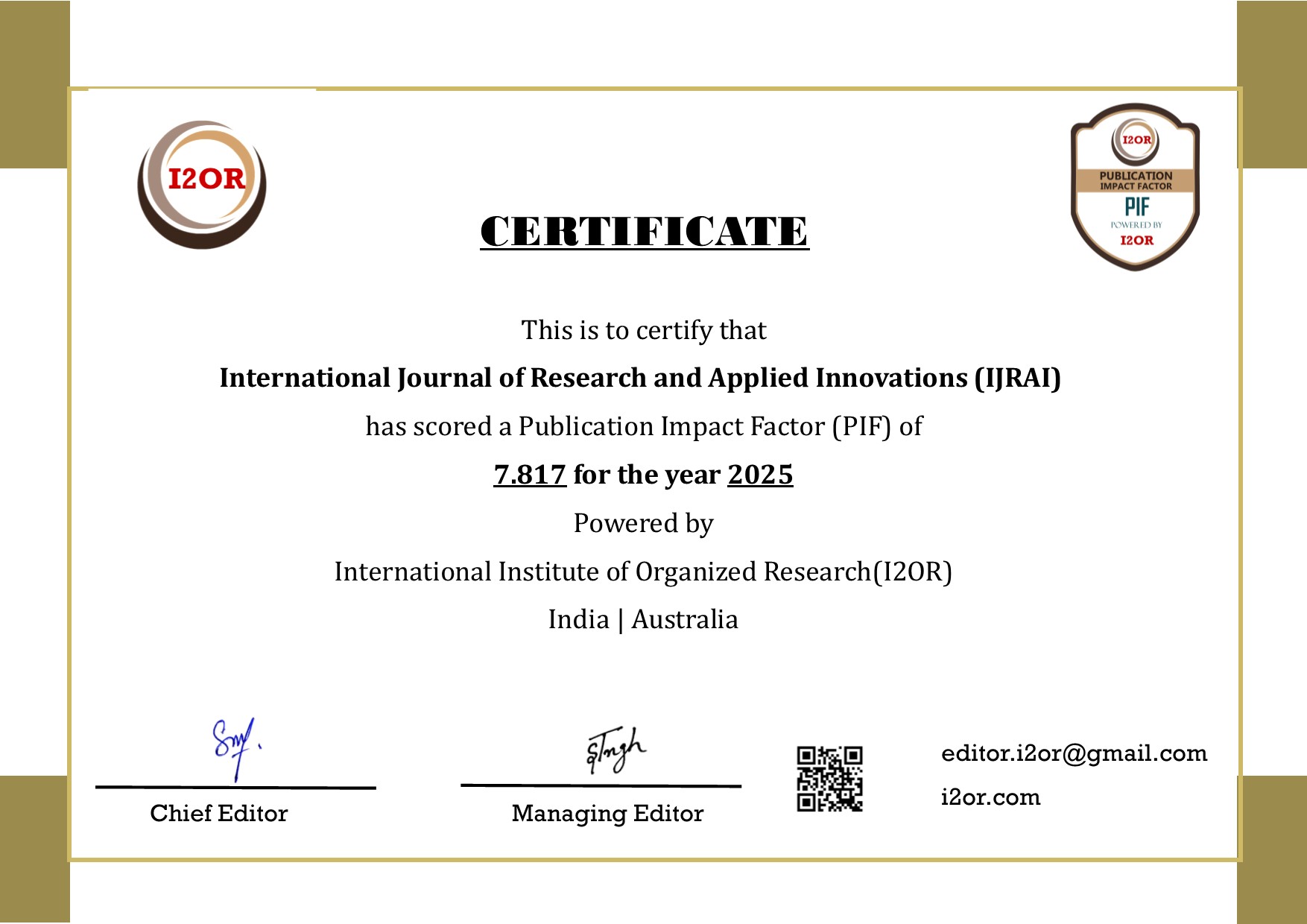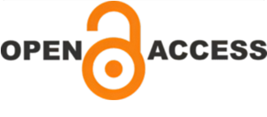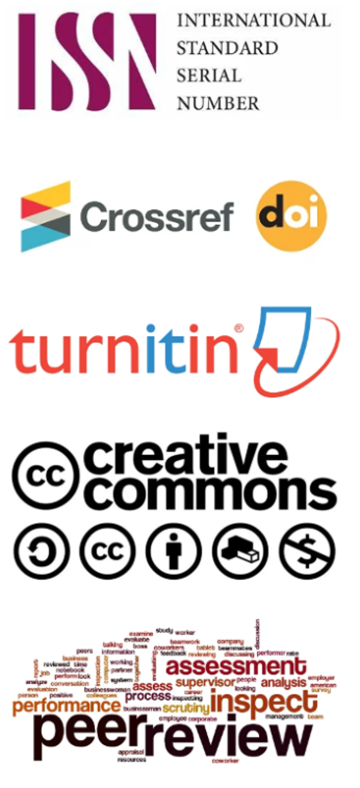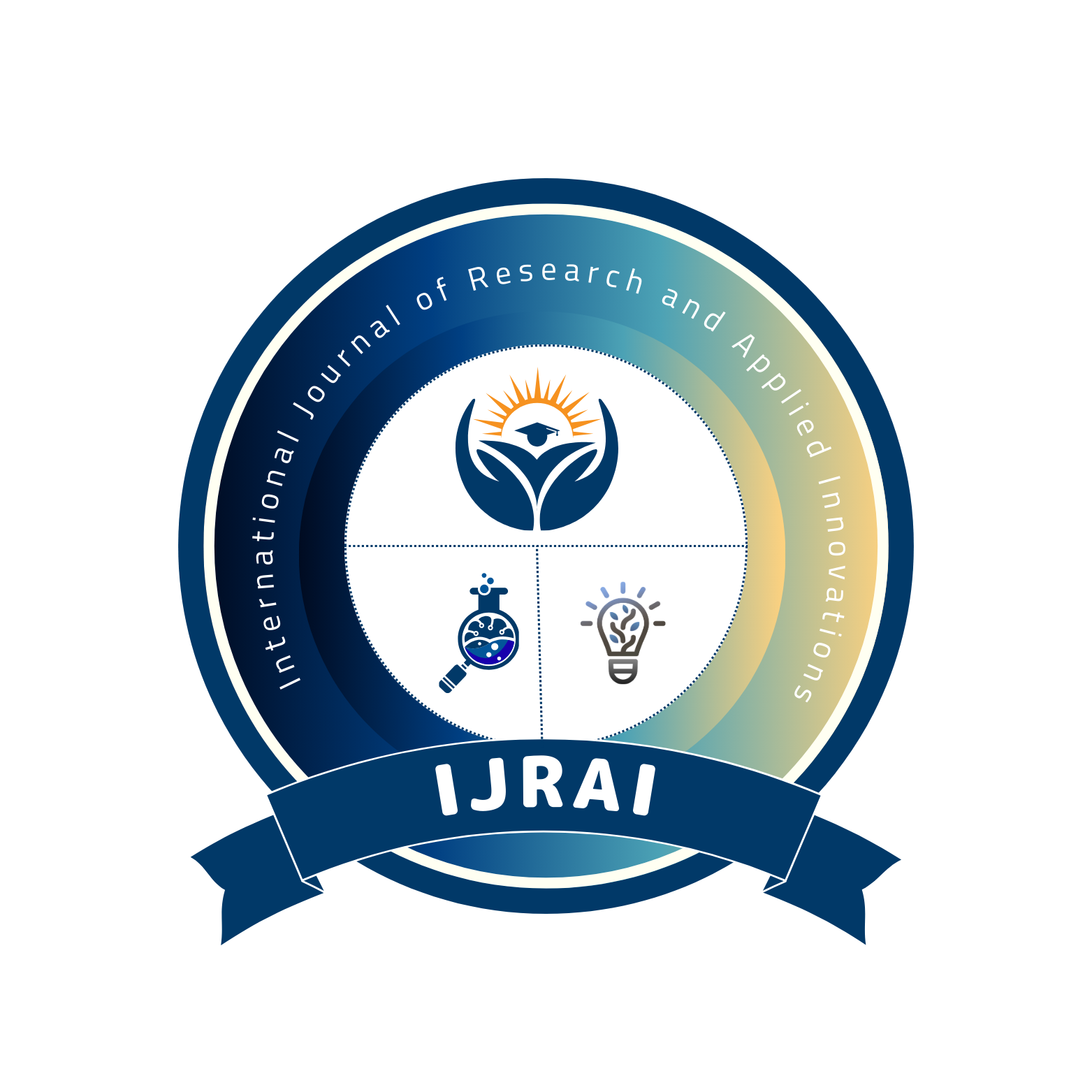Privacy Engineering Playbooks for Product Teams
DOI:
https://doi.org/10.15662/IJRAI.2022.0502001Keywords:
Privacy Engineering, Privacy-by-Design, Playbook, Product Teams, LINDDUN, Privacy Impact Assessment (PIA), Data Minimization, Privacy-Enhancing Technologies (PETs), ISO/IEC 27561, DevPrivOps (2021)Abstract
In 2021, organizations increasingly recognized the necessity of operationalizing privacy in agile product development. Privacy engineering playbooks emerged as practical tools that guide product teams in translating legal mandates and privacy-by-design principles into concrete practices and workflows. These playbooks consolidate domainspecific guidance—such as data minimization, privacy impact assessments (PIAs), threat modeling, and privacyenhancing technologies (PETs)—into implementation frameworks that align with product lifecycles and team processes. This paper surveys foundational elements of privacy engineering playbooks relevant to product teams. We examine how privacy engineering bridges legal frameworks and technical implementations, drawing insights from both practitioneroriented resources and scholarly research. Key practices include proactive data handling (e.g., defining justified use cases, pipeline mapping), applying structured engineering techniques (e.g., LINDDUN for threat modeling), and leveraging standardization (e.g., ISO/IEC 27561 privacy operationalization). We then outline a playbook-style framework tailored for product teams, integrating roles, deliverables, and workflows—from product conception to deployment and maintenance. The proposed methodology promotes cross-functional coordination, embedding privacy attributes as defaults, and using lightweight artifacts (e.g., privacy checklists, templates for PIAs, modular APIs for PETs). We evaluate the approach through hypothetical scenarios and reflections from industry workshops (e.g., PEPR 2021), highlighting reductions in downstream privacy risk and improved alignment between engineering and compliance teams. Finally, we address challenges such as organizational culture, resource investment, and integrating playbooks into fastpaced development cycles. We conclude with recommendations for scaling playbooks across distributed teams and enhancing them with tooling and privacy training.
References
1. Grünewald, E. (2021). Cloud Native Privacy Engineering through DevPrivOps. arXiv
2. ISO/IEC 27561–POMME: Privacy Operationalization Model and Method. Wikipedia
3. Ethyca. Privacy Engineering: Translating Legal Requirements into Technical Protections. Ethyca
4. MoldStud. Incorporating Privacy Requirements in Early Design Phase. Moldstud
5. “Evaluating Privacy Perceptions…” (2021). Survey of software teams' privacy knowledge. arXiv
6. PEPR 2021 Conference sessions on privacy engineering practice. Future of Privacy Forumiwpe.info









